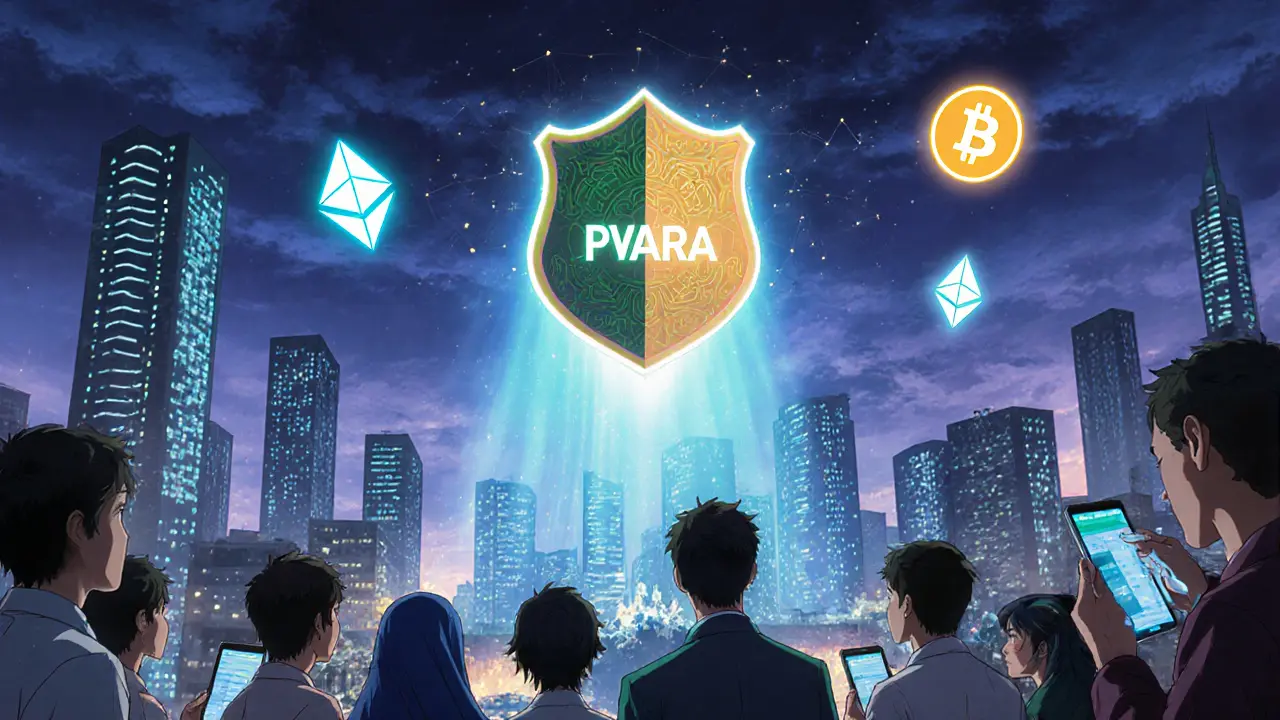Virtual Assets Pakistan: Crypto, Regulations, and What’s Really Happening
When people talk about virtual assets, digital representations of value that can be traded, stored, or transferred using blockchain technology. Also known as digital assets, it includes cryptocurrencies, tokenized stocks, and NFTs — anything that exists online but holds economic value. In Pakistan, this isn’t just a tech trend. It’s a survival tactic. After the State Bank of Pakistan banned banks from handling crypto transactions in 2021, people didn’t stop trading. They just found new ways.
That’s where cryptocurrency regulations Pakistan, the evolving legal and financial rules governing digital currency use in the country come in. No official license system exists yet, but unofficial exchanges, peer-to-peer platforms, and remittance apps filled the gap. Traders use local payment methods like JazzCash and EasyPaisa to buy Bitcoin, Ethereum, and even obscure tokens — often bypassing banks entirely. Meanwhile, the government keeps watching. In 2023, a parliamentary committee recommended a regulatory framework, but nothing passed. So right now, you’re in a gray zone: not illegal, not protected.
And it’s not just about Bitcoin. People in Lahore, Karachi, and Islamabad are exploring blockchain Pakistan, the use of distributed ledger technology for local solutions like supply chain tracking, identity verification, and remittance systems. Some startups are building tools to help freelancers get paid in crypto without relying on PayPal or Stripe — services that often block Pakistani users. These aren’t big names like Binance or Coinbase. They’re small, local, and quietly growing. The same goes for airdrops and DeFi projects. You won’t find them on mainstream news, but you’ll see them in Telegram groups, WhatsApp chains, and Reddit threads where Pakistanis share tips on avoiding scams and finding real opportunities.
What you won’t see are big exchanges openly advertising in Pakistan. Most global platforms block Pakistani IPs or restrict withdrawals. That’s why traders rely on P2P marketplaces — buying crypto directly from other people using bank transfers or mobile wallets. It’s slower. It’s riskier. But it works. And because of that, the real story of virtual assets in Pakistan isn’t about hype or speculation. It’s about access. It’s about bypassing broken systems. It’s about people using technology to get paid, save money, and send cash home — even when the rules say they can’t.
Below, you’ll find real reviews of exchanges used by Pakistani traders, deep dives into tokens that actually move in this market, and warnings about scams that target people trying to enter crypto. No fluff. No guesses. Just what’s happening on the ground — and what you need to know before you jump in.
